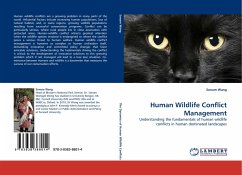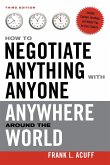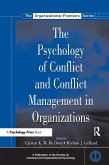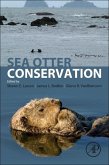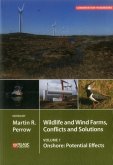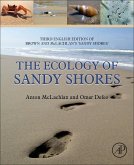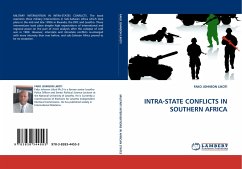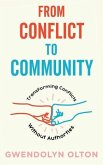Human wildlife conflicts are a growing problem in many parts of the world. Influential factors include increasing human populations, loss of natural habitat, and, in some regions, growing wildlife populations resulting from successful conservation programs. Conflict can be particularly serious, where rural people live in close association with protected areas. Human wildlife conflict attracts greatest attention when the wildlife species involved is endangered or where the conflict poses a serious threat to human welfare. Human wildlife conflict management is however as complex as human civilization itself, demanding innovation and committed policy changes that favor amicable solutions. Understanding the fudamentals driving the conflict is critical to the development of innovative solutions to this growing problem which if not managed will lead to a lose lose situation. Co-existance between humans and wildlife is a barometer that measures the success of our conservation efforts.
Bitte wählen Sie Ihr Anliegen aus.
Rechnungen
Retourenschein anfordern
Bestellstatus
Storno

